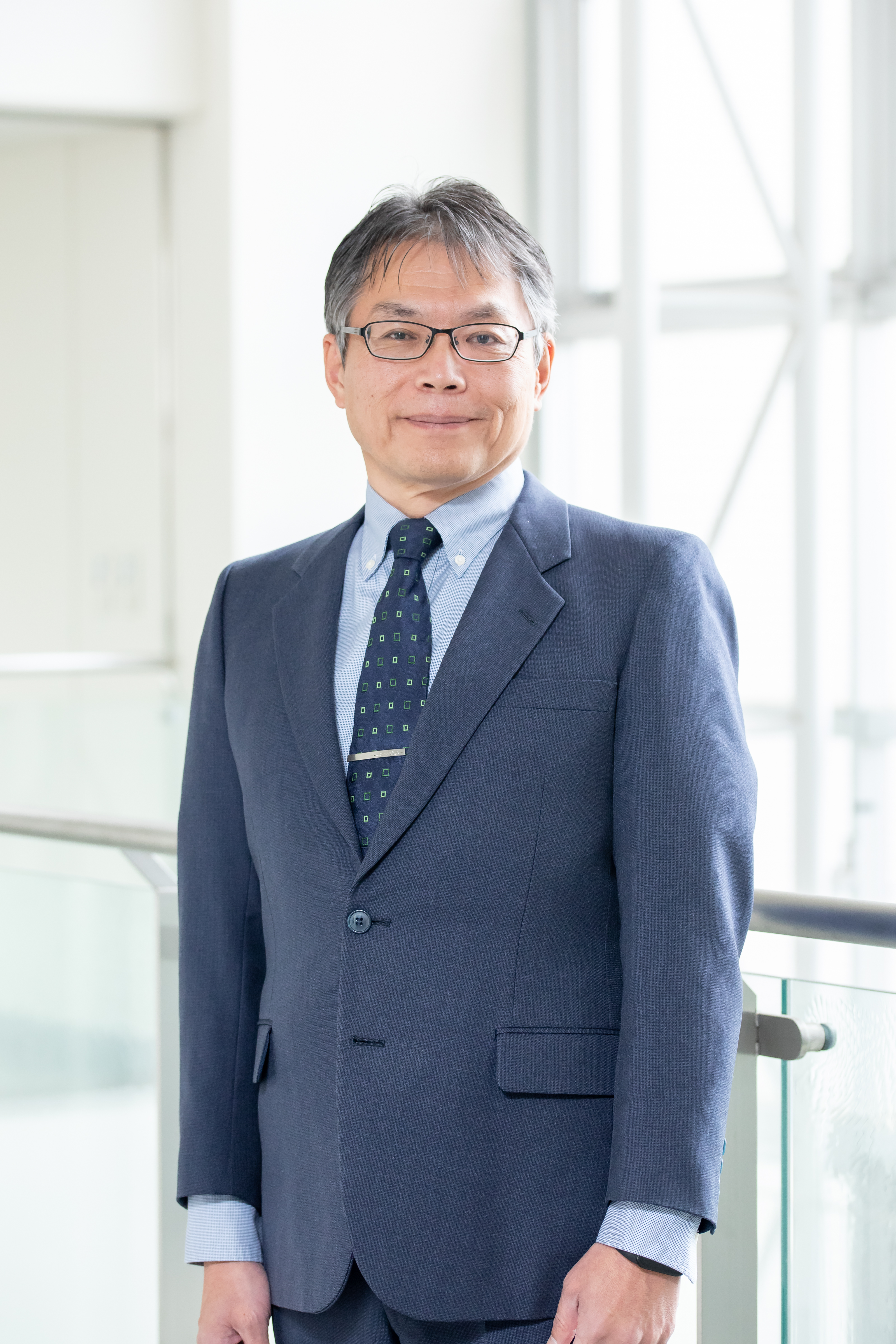Message from the Dean

At the dawn of the 21st century, the Graduate School of Environment and Information Sciences was born. Our goal is "to create a safe and hospitable sustainable society based on the environment and information sciences.” Although a quarter of a century has passed since then, our goals have not changed consistently. In fact, the importance of our goals has grown even more, as the realization of Society 5.0, Symbiosis Society with Risk, and the SDGs have become important issues.
We perceive the situation and society surrounding us humans broadly as the "environment" and study it as an academic subject. It includes, of course, the "natural environment," the blessings we receive from the earth. It covers the maintenance of ecosystems, understanding of life and environment, global environmental changes, and the relationship between nature and its inhabitants. In addition to this, we also focus on "artificial environments" created by people, i.e., human-made objects such as living spaces and means of transportation obtained by modifying nature, and the societies created by people living and collaborating in them. Information and communication networks, which are an important infrastructure in such a society, create an independent virtual space (“cyber space”) while being closely related to the real world (“physical space”). The environment created by information circulating in such virtual space, in other words, the "information environment," is one of the targets of our research. On the other hand, the "information" that is the subject of study at this graduate school is not limited to the "information environment," but includes the utilization of information in the broad sense of creating social value by finding meaning and order from various data obtained by observing the three environments and their interactions.
The Graduate School of Environment and Information Sciences explores these three specialized fields related to the environment and information, and expands and develops interdisciplinary fields based on the interweaving of these fields. We foster individuals who are not limited to individual fields of specialization, but who possess broad insight and a global perspective, and who can communicate smoothly across the boundaries of science and the humanities.
Located in the cosmopolitan city of Yokohama, Yokohama National University features a free and autonomous academic culture and a philosophy of “Be Active”, “Be Innovative”, “Be Open,” and “Be Global.” We have active exchanges with other graduate schools and faculties on the same campus. We invite you to join us in Yokohama to conduct advanced and practical research for a creative society that promises sustainable evolution.


